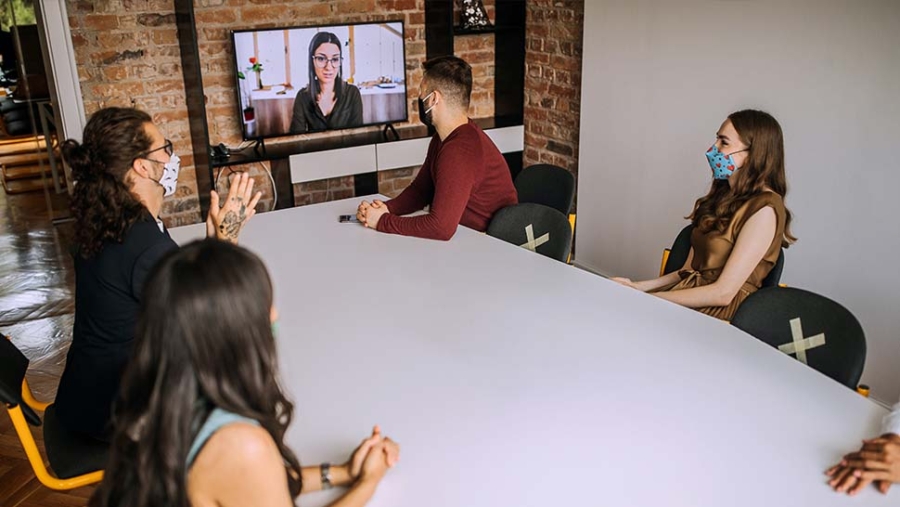

As the pandemic continues to have an impact on charities, governors and trustees should ensure that they have checked how and if they can hold meetings, since they may no longer be able to rely on the emergency powers which were previously available to them.
The crucial first step is to check your school’s structure. This will determine which regulations apply to you. Independent schools or associated foundations that are established either as charitable trusts or charitable incorporated organisations (CIOs) are regulated by the Charity Commission and must adhere to the Charities Act 2011.
By contrast, independent schools and other charities that are registered as charitable companies (limited by guarantee) are regulated by both Companies House and the Charity Commission. This means trustees must ensure they follow the law within both the Companies Act 2006 and the Charities Act 2011 as well as any relevant recent guidance.
During the pandemic, the Corporate Insolvency and Governance Act 2020 temporarily allowed for charitable companies to hold meetings remotely, regardless of the provisions in their Articles. These provisions are no longer in force.
Trustees should check whether their governing document allows meetings to be held online, by telephone, or on a hybrid basis, whereby some people meet face to face and others join virtually. If the relevant governing document does not allow online or hybrid meetings, consider using any power (usually contained within the governing document) to amend the rules to allow for these types of meetings.
It may be necessary to take steps to update the constitution as soon as possible. Note that if a school or associated charity has a separate voting membership, this process will involve them. For guidance on alterations to governing documents for unincorporated charities and charitable companies, please click here.
If a school does not have time to make changes to their rules before the due date for the meeting, they may consider contacting the Charity Commission. The commission has generally been understanding where trustees of unincorporated charities and CIOs have decided to hold meetings either remotely or on a hybrid basis, particularly where:
- There are no rules allowing these types of meetings in your governing document
- The circumstances are such that the trustees could not make prior changes to their governing document to allow remote or hybrid meetings
- The trustees can show that they have considered all possible alternatives such as postponing or cancelling the meeting
- The trustees follow all the other rules on meeting governance
Unfortunately, independent schools (if registered as companies) and other charitable companies are not able to rely on this because they are also subject to company law and the commission has no jurisdiction to override this.










